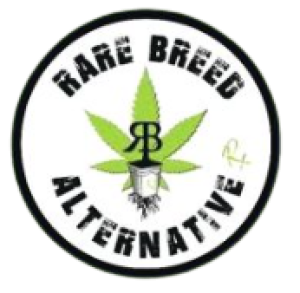
Recent research suggests that psychedelics and traditional antidepressants, while both potentially effective in treating depression, work through distinct mechanisms. Understanding these differences could lead to more personalized and effective treatment approaches. Psychedelics vs. Antidepressants: What are the key differences?
Unlocking the Mysteries of Depression Treatment: Psychedelics vs. Antidepressants
The quest for effective depression treatments continues to be a significant focus in mental health research. Traditional antidepressants, like selective serotonin reuptake inhibitors (SSRIs), have been a mainstay in treatment, prescribed widely despite varying efficacy among individuals and often accompanying unwanted side effects. In contrast, psychedelics have recently garnered attention for their rapid and enduring antidepressant effects observed in clinical trials.
A recent study has delved into the distinct mechanisms of action of SSRIs and psychedelics, illuminating how they uniquely influence the brain and potentially alleviate symptoms of depression. SSRIs primarily increase serotonin levels in the brain, which is believed to enhance mood and diminish depressive symptoms. However, this process can require several weeks to manifest noticeable effects, and not all patients respond favorably to SSRIs.
Conversely, psychedelics such as psilocybin, found in “magic mushrooms,” operate through a different mechanism. Research indicates that psilocybin’s antidepressant effects are not directly due to elevated serotonin levels. Instead, psilocybin is thought to promote neuroplasticity, the brain’s capacity to reorganize and form new neuronal connections. This heightened neuroplasticity may facilitate more adaptable thought patterns and an improved ability to process emotions, contributing to the rapid and sustained antidepressant effects seen in clinical trials.
Moreover, the study examined the role of the 5-HT2A serotonin receptor, a primary target for both SSRIs and psychedelics. While SSRIs inhibit this receptor’s activity, psychedelics activate it. Intriguingly, blocking the 5-HT2A receptor did not reduce psilocybin’s antidepressant effects, suggesting that its therapeutic benefits originate from other pathways.
Psychedelics vs. Antidepressants: Why It Matters?
Understanding the distinct mechanisms by which psychedelics and antidepressants affect the brain is crucial for the development of more personalized and effective treatment strategies for depression. This knowledge could lead to enhanced patient selection for specific treatments, reducing trial and error while optimizing outcomes. Furthermore, exploring the unique properties of psychedelics may pave the way for novel antidepressant medications that are quicker acting and have fewer side effects.
Potential Implications
This research could catalyze a shift in depression treatment paradigms, moving from a one-size-fits-all approach to more targeted therapies. By pinpointing the specific mechanisms that underlie different antidepressant interventions, clinicians can customize treatment plans based on individual patient profiles and needs. This personalized approach could improve treatment success rates and enhance the quality of life for individuals battling depression.
What Next?
While the study of psychedelics for therapeutic purposes is still in its nascent stages, the initial findings are promising and suggest that psychedelics may offer a valuable addition to the arsenal of tools for combating depression and other mental health conditions.
Source: Neuroscience News






